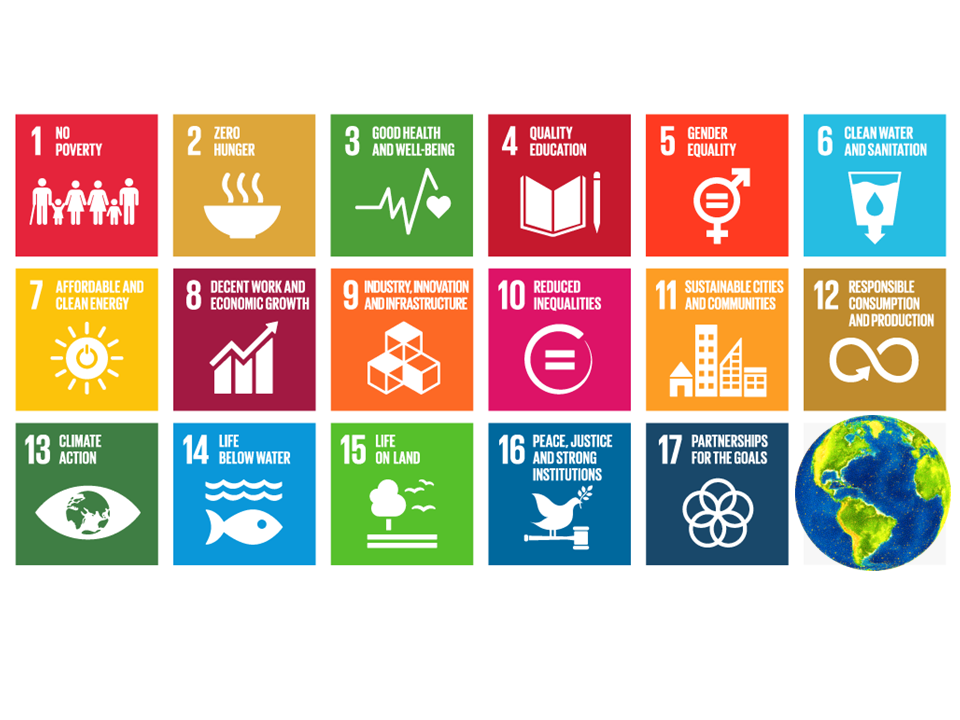Pick Up
1333. Rethinking SDG Priorities

1333. Rethinking SDG Priorities
With just five years left until the Sustainable Development Goals (SDGs) are achieved, an editorial in Nature Sustainability argues that it's time to identify the causes of slow progress and rethink priorities.
Nearly a decade has passed since the United Nations formally announced the Sustainable Development Agenda in September 2015. This is a detailed plan to improve the living conditions of people around the world by 2030 while preserving and sustaining ecosystems for future generations. During this time, many initiatives have been launched around the world to promote efforts toward the agenda. However, multiple crises, such as the COVID-19 pandemic and conflicts in various regions, have made the path to achieving the 17 SDGs more difficult.
During this time, the United Nations has regularly reported on progress toward achieving the SDGs, sounding the alarm on slow progress and the need for stronger efforts. While the "Sustainable Development Goals (SDGs) Report 2025," released in July, praised continued improvements in global health (significant reductions in new HIV infections and successful malaria prevention) and social protection (now covering more than half the world's population), it also provided clear evidence that nearly half of the SDGs' foundational goals are not progressing at a sufficient pace and, in some cases, are even regressing. With only five years left until 2030, much more needs to be done, particularly in food systems, energy access, digital transformation, education, employment and social protection, as well as climate change and biodiversity action.
It is hardly realistic to expect that what could not be achieved in 10 years can be achieved in five years. The current geopolitical situation also offers little room for optimism. More than 800 million people remain in extreme poverty, and the impacts of climate change and biodiversity decline are becoming increasingly severe. Combined with rising geopolitical tensions, protracted conflicts, and protectionist trends, the transition to a truly sustainable, prosperous, and peaceful future feels more like a pipe dream than a goal within everyone's reach.
As many point out, it all stems from growing poverty and inequality. The lack of adequate living conditions destabilizes societies and fosters dangerous populist rhetoric and extremism, often accompanied by distortions of reality. These trends sow distrust in the institutions, including science, that underpin the functioning and development of modern societies, and can hinder multilateral efforts to address global and interconnected issues such as climate change, biodiversity decline, and public health emergencies. Poverty and inequality can drive practices that degrade the environment, while also rendering large segments of the world's population vulnerable to the impacts of climate change and other crises. Addressing poverty and inequality must therefore be a priority in any sustainable development plan.
The 2030 Sustainable Development Agenda reflects this very well, with SDG 1 calling for the eradication of poverty in all its forms. However, it has become clear that a list of 17 priorities is insufficient to inspire action at the scale and pace required. To increase the chances of success in a post-2030 world, multilateral efforts must shift from the traditional approach of presenting lists of goals and building complex target systems that illustrate how all priorities are intertwined to building a framework that places poverty, inequality, and the interconnectedness with the natural world at its core. There is global consensus that sustainable development cannot be achieved without addressing poverty and inequality on a global scale.
Addressing this core priority can be transformative in both rich and poor countries. A world where everyone has equal opportunities and decent living conditions, within natural limits, reduces the space for conflict and corruption and increases the space for cooperation, ownership, and transparency. Reducing poverty and inequality around the world through sustainable management of natural resources is no easy feat, but it's easy to see why it must be a top priority.
(Reference)
A post-2030 vision. Nat Sustain 8, 849–850 (2025). https://doi.org/10.1038/s41893-025-01623-8
Contributor: IIYAMA Miyuki, Information Program
